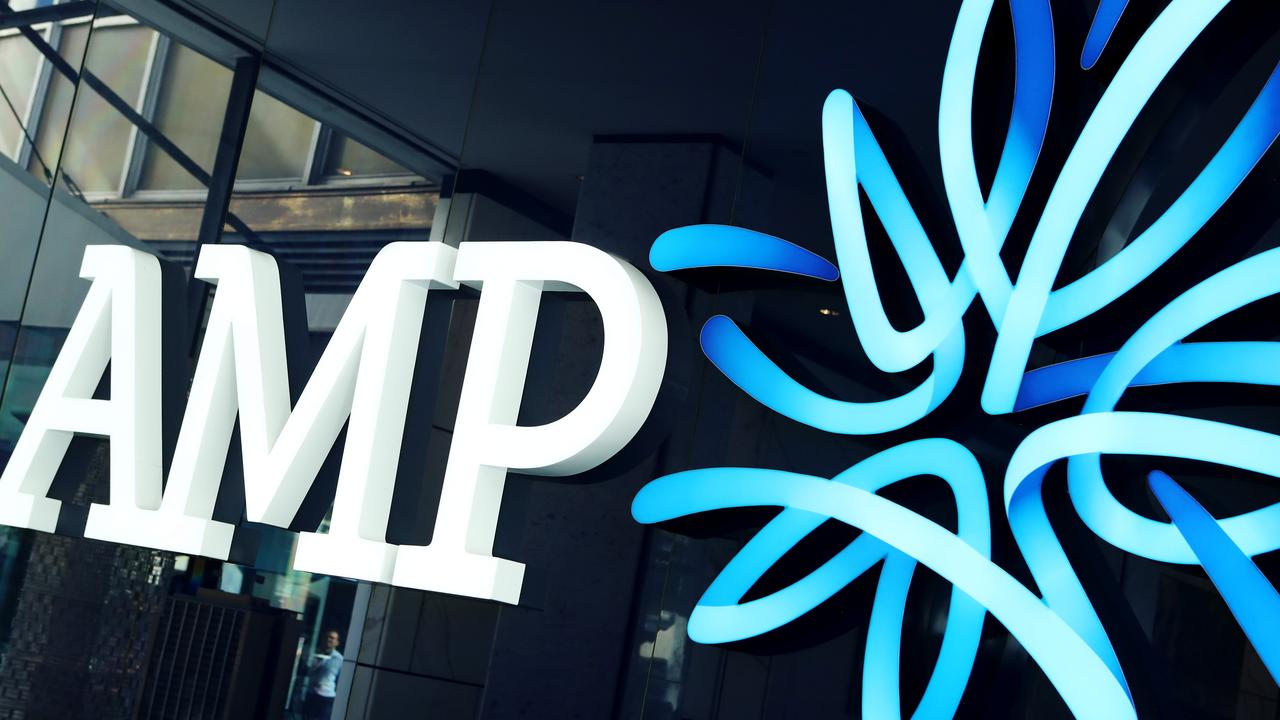ASIC won’t take legal action against superannuation executives allegedly involved in deals likened to insider trading
Super funds have agreed to a raft of internal changes to prevent future trades by employees that may pose conflicts of interest.

The corporate regulator has decided against taking legal action against superannuation executives allegedly involved in personal asset shifts which have been likened to insider trading deals.
The Australian Securities and Investments Commission revealed late last year that it was examining whether staff members in 23 super funds had used access to price sensitive information to change their investments in unlisted assets ahead of the early 2020 onset of the pandemic.
But ASIC announced Wednesday that it had settled for a beefing up of internal “governance practices’’ following its investigation of the funds, which it did not identify.
That was despite ASIC previously flagging potential legal breaches in the asset moves of 67 super employees, which it described as “similar to insider trading” and actions that “may contravene other provisions of the law”.

The watchdog said industry trustees had revised their policies and procedures following a probe which uncovered “significant deficiencies’’ in the management of conflicts of interest.
“ASIC had expected to find robust systems in place to prevent directors and senior executives from potentially misusing price sensitive information for personal gain,’’ the agency said.
“However, the surveillance revealed a lack of strong oversight in this space.”
In response to the concerns raised, the super trustees agreed to a raft of measures aimed at preventing future lapses and managing conflicts.
Among the steps are identifying switching as a potential conflict of interest and introducing blackout periods or trading windows to prevent inappropriate trades.
The changes will also see an expansion of conflicts arrangements to cover trading by related parties of directors and senior executives.
In addition, the super funds will boost board-level involvement to improve oversight, which is expected to include an increased monitoring of staff transactions.
Internal communications and training will be beefed up to boost staff awareness of the policies and their obligations
Trustees have also agreed to launch an independent review of the broader framework with which they manage conflicts.
ASIC Commissioner Danielle Press said the governance overhaul was “integral to maintaining consumer trust and confidence” in the $3.5 trillion super sector.
“This is not something you can set and forget. Trustees must have conflict management arrangements in place that are continually reviewed and tested to ensure they remain appropriate,’’ Ms Press said.
A Parliamentary committee in 2020 revealed that employees at AustralianSuper, NGS Super, Rest, First State, Hostplus and Intrust Super had adjusted their investments ahead of the first pandemic lockdowns in March that year.
“Based on the evidence obtained during our surveillance, ASIC is satisfied no further action is warranted against any individuals in relation to the identified transactions,’’ the regulator said.


